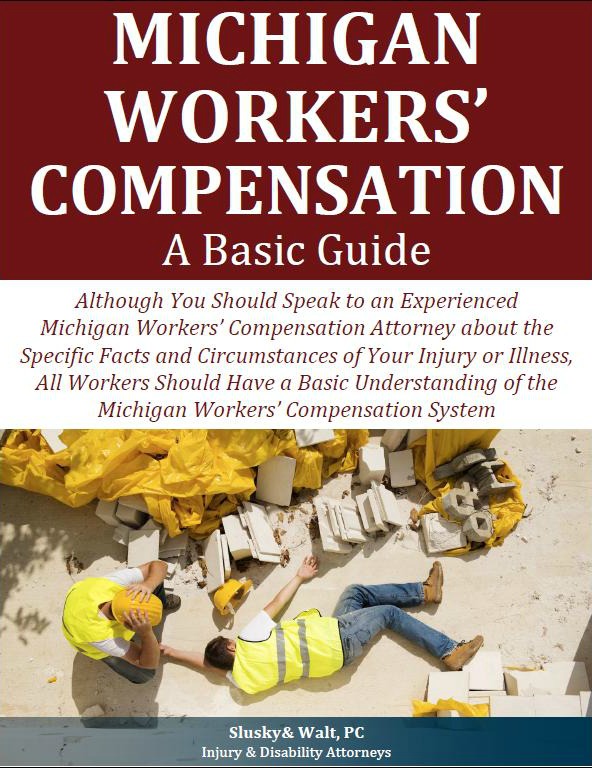Workers compensation is a type of insurance that pays medical benefits and and wage replacements to employees who have been injured on the job. Before this benefit program, employees were forced to sue their employer and prove that the employer was at fault for the injury. This was extremely hard for employees to prove and also took much longer to receive benefits if any at all. With the workers compensation program, it is much easier to receive the benefits needed because it does not matter who was at fault as long as the injury or illness is directly related to the job itself.
In Michigan, anyone who is injured or ill is able to receive wage replacement, rehab, and medical benefits. All medical expenses are typically covered and the wage replacement is usually about 80% of the employee’s average weekly wage. Death benefits are also available for those who have fatal injuries, illnesses or permanent disabilities. In order to apply you need to simply report the injury to your employer which is then reported to the state compensation agency. After that you wait for approval or denial. If denied you can appeal it. In order to really know what your case is worth, it is important to have and experienced personal injury attorney to help protect you and guide you through the process. Be sure to make sure that you are covered underneath the company you work for to keep yourself protected in the future.







 A Michigan workplace accident can happen anytime to anyone. Some accidents cause only minor injuries; however, a workplace accident can cause serious, even life-threatening injuries. If you have been injured in a Southfield workplace accident, or you believe an illness or medical condition you suffer from was caused by your workplace, you could be entitled to Southfield workers’ compensation benefits. For specific advice and guidance, contact an experienced Southfield workers’ compensation attorney; however, some general information about the type of compensation available for a Michigan workers’ compensation claim may be helpful in the meantime.
A Michigan workplace accident can happen anytime to anyone. Some accidents cause only minor injuries; however, a workplace accident can cause serious, even life-threatening injuries. If you have been injured in a Southfield workplace accident, or you believe an illness or medical condition you suffer from was caused by your workplace, you could be entitled to Southfield workers’ compensation benefits. For specific advice and guidance, contact an experienced Southfield workers’ compensation attorney; however, some general information about the type of compensation available for a Michigan workers’ compensation claim may be helpful in the meantime.